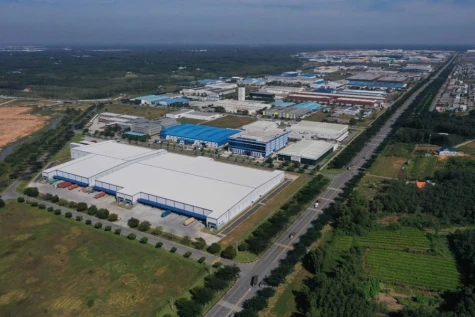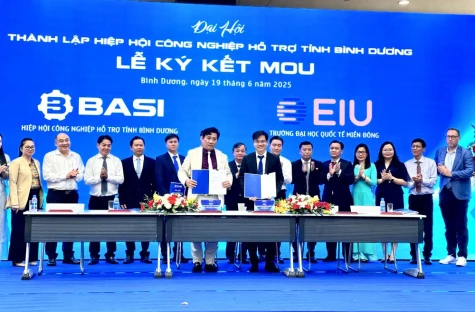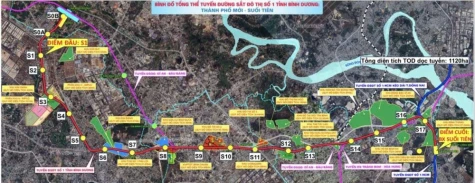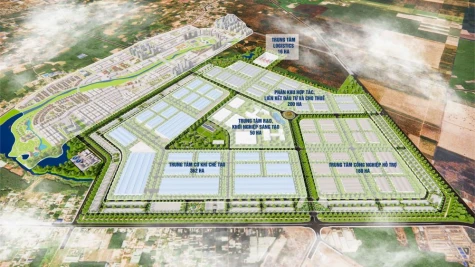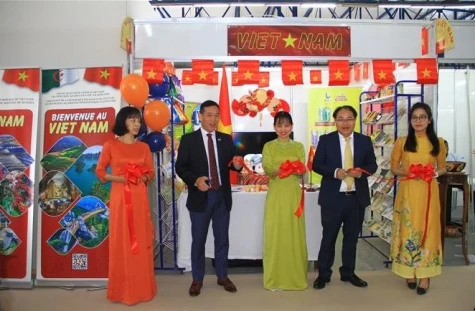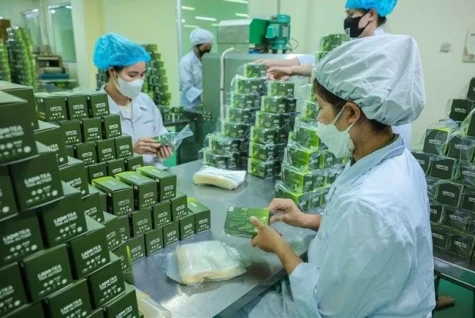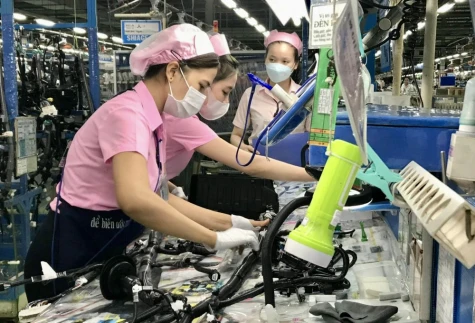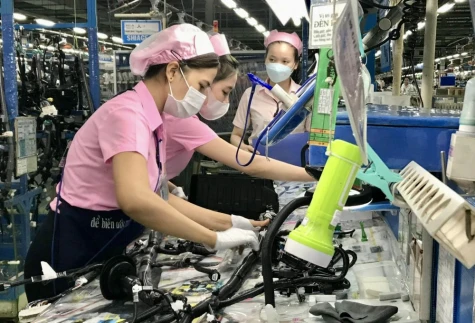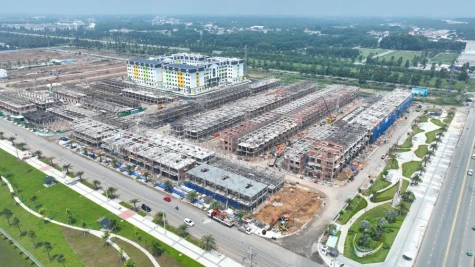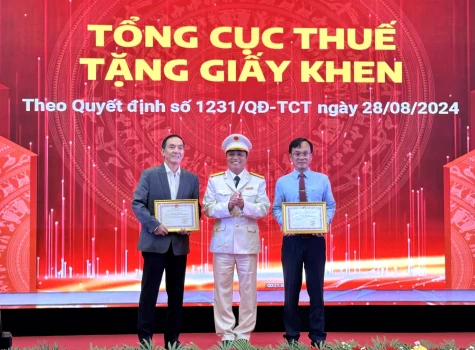Recently, the provincial People's Committee has instructed the execution of Decision No. 222/QD-TTg, dated January 23, 2025, issued by the Prime Minister regarding the national action plan for the implementation of a circular economy by 2035 (hereinafter referred to as the Plan).
Consequently, the Chairman of the Provincial People's Committee tasked the Department of Planning and Investment with leading and coordinating with relevant units in accordance with the provisions of Decision No. 222/QDTTg issued by the Prime Minister, to provide guidance to the Provincial People's Committee on implementation.
The plan articulates a clear perspective: Prioritize the adoption of a circular economy to generate new growth momentum, bolster resilience and recovery within the economy, achieve developmental breakthroughs, foster innovation in growth models, enhance quality, efficiency, and competitiveness, establish new value-added chains, reconcile the relationship between the economy and the environment, and support the fulfillment of international commitments regarding nature conservation, biodiversity, zero net emissions by 2050, and sustainable development.
Promoting the proactive and innovative roles of enterprises, cooperatives, and production, business, and service establishments in the implementation of a circular economy; the rights and interests of consumers and citizens serve as the impetus for advancing the circular economy; the State assumes a pivotal role in establishing an institutional framework, policies, management, and regulatory bodies to foster the engagement of economic sectors, communities, agencies, organizations, and individuals, grounded in market economy principles with State oversight, in alignment with established international practices, principles, and standards.
The plan emphasizes the execution of the following tasks and solutions: enhancing awareness, knowledge, and skills while fostering best practices in the implementation of a circular economy; establishing and refining institutions and policies; improving the effectiveness and efficiency of state management; strengthening waste management; and promoting collaboration, cooperation, and the monitoring and evaluation of circular economy initiatives.
Reported by Phuong Le – Translated by Vi Bao








